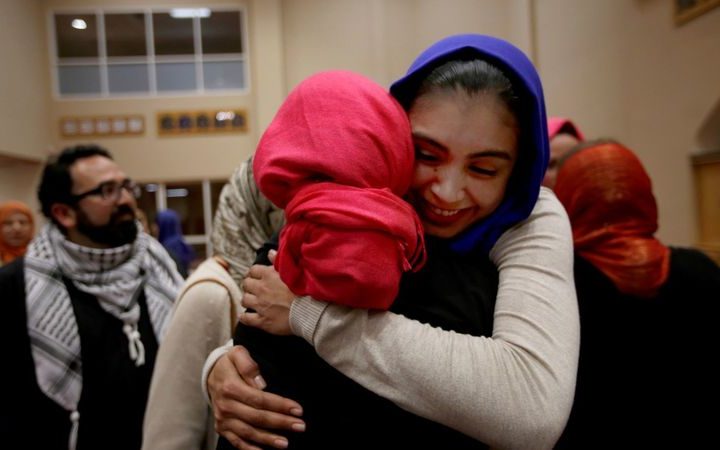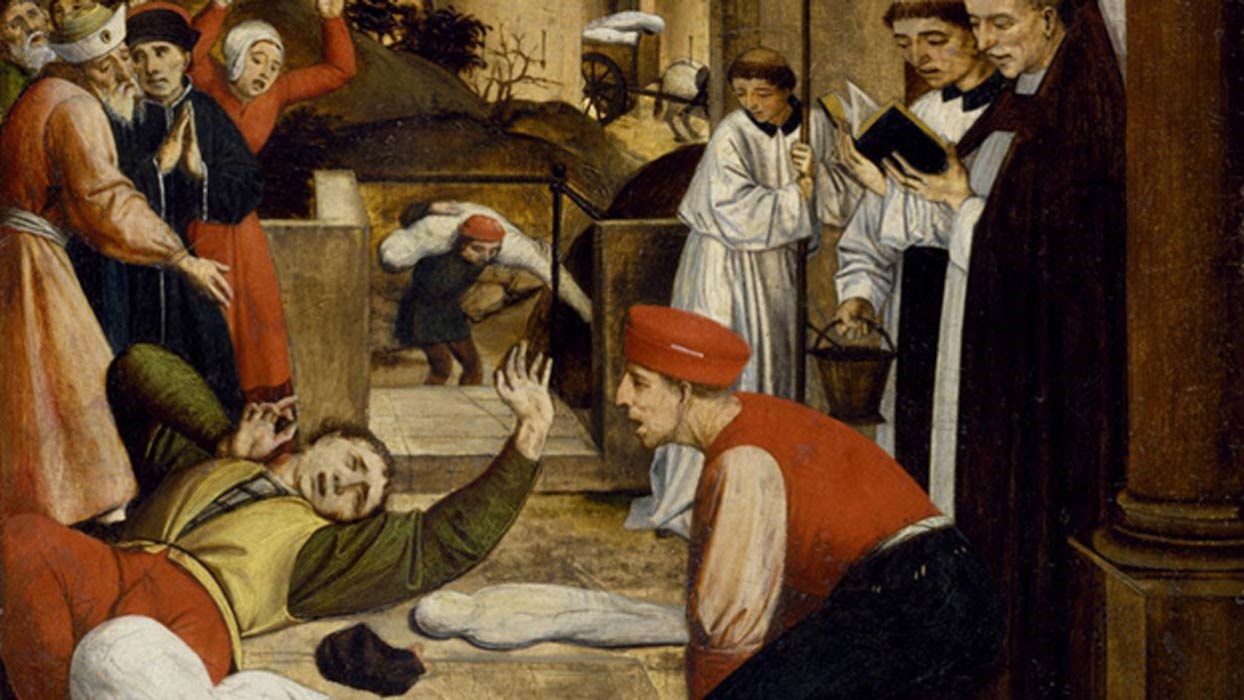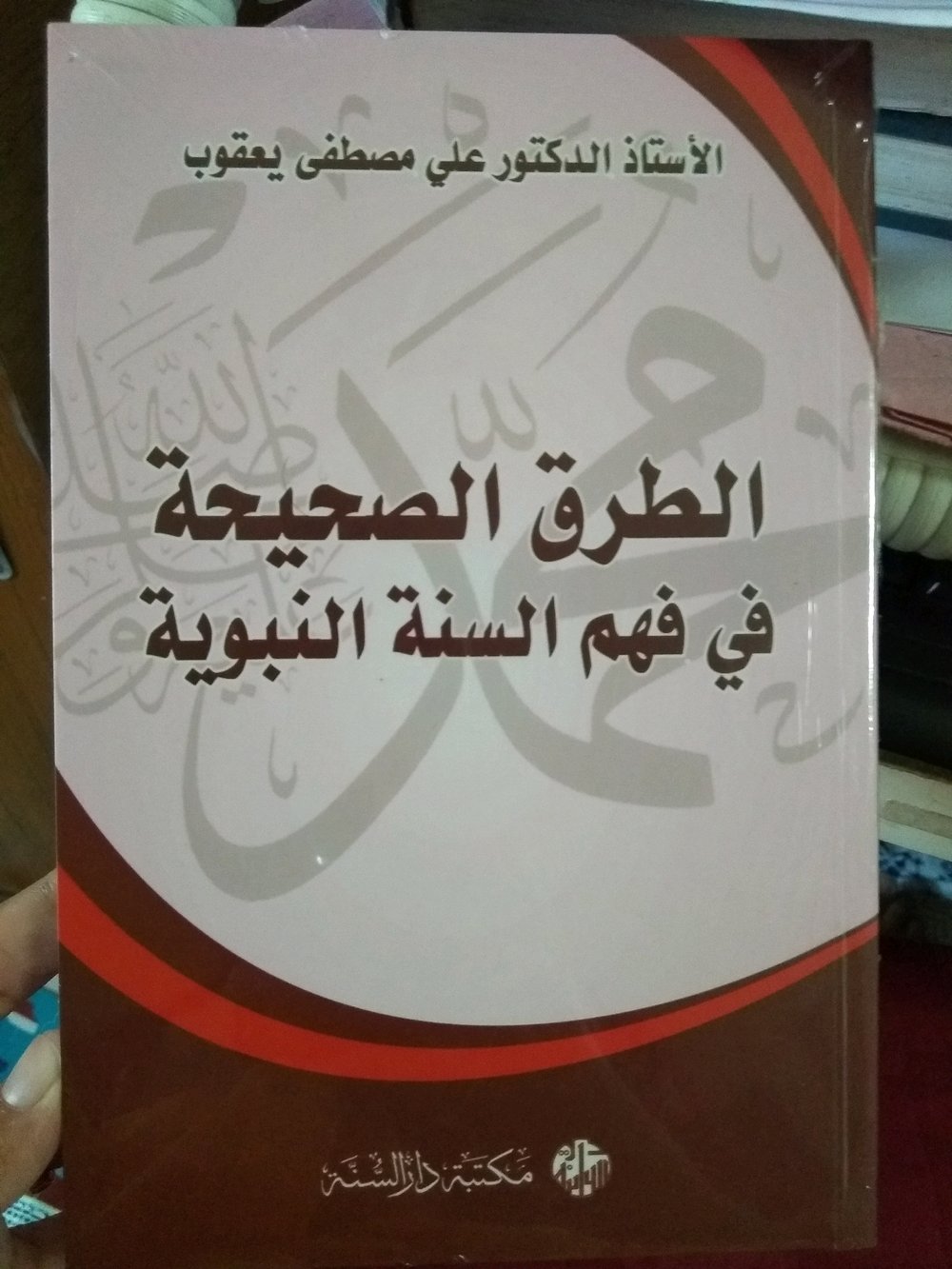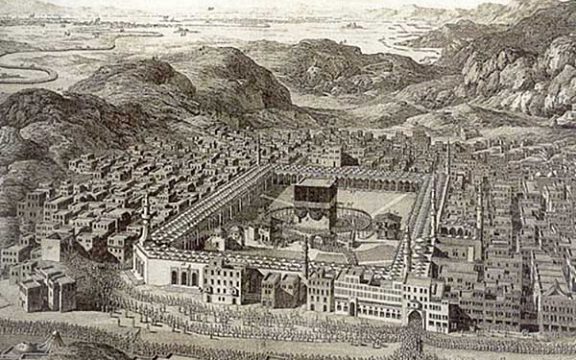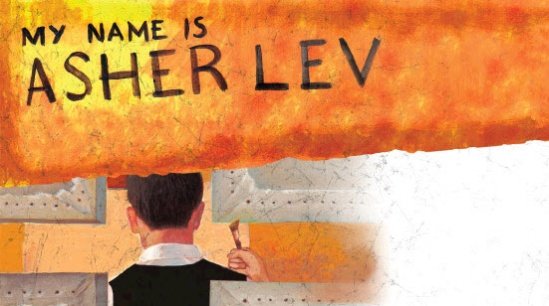Abu Hurairah, a distinguished hadith scholar, had been living with Prophet Muhammad for only three years before the Prophet passed away. During those short periods, Abu Hurairah has narrated about 5.374 hadiths. Some scholars/researchers compared those number to Aishah (2.210 hadiths), Umar ibn Khattab (537 hadiths) and Abu Bakr (132 hadiths). The case seemed problematic, how could Abu Hurairah narrated such large number of hadiths during three years only? Thus, Bukhari, another prominent hadith scholar who wrote the book of Sahih Bukhari, defended behind the reason why Abu Hurairah has narrated so many hadiths during short period.
We have to praise Abu Hurairah for his narrated hadiths from the Prophet. What I want to emphasize is the context` of “three years” of the Prophet’s life, instead of the large number of hadiths he narrated. The hadiths narrated by Abu Hurairah come during the last time of Prophet’s life and it signifies that the hadiths don’t explain the whole journey of the Prophet. This context becomes important for understanding the hadiths and its purpose.
One example of hadiths which we could take from the context above is:
“Abu Hurairah narrated that Prophet Muhammad PBUH said: it is not allowed for you to initiate a greeting for the Jews and Christian, if you meet one of them on the road then push him to the narrowest path”.
In terms of transmission quality (sanad), the hadith is transmitted accurately (qualified as Sahih). But, it would be obscure to implement the hadith in a plural society. Imagine had the Hadith been understood by textual approach, then it will justify us to push the non-Muslims whenever we meet them on the street. Furthermore, imagine as a Muslim majority in Indonesia, in order to distinguish whether or not people are Muslims, we easily push them and ask their identity card. Are these that the Prophet hopes as the Messenger who brings grace and mercy for the world?
Of course not!
In terms of the hadith statement (matn), scholars have discussed that “is it true that we should not start the greeting to non-Muslims?”. Some scholars have understood the Hadith textually, some of them have concluded that to start the greeting to non-Muslims is forbidden, but it is allowed to answer the greeting. Meanwhile, there are scholars who permitted to start the greeting or salam, as for the greeting doesn’t say “Assalamualaikum” instead, by casual greeting “good morning or good afternoon”. The last, there are scholars who permitted to greet non-Muslims based on the other Hadiths and the general verses of Quran in the relationship between Muslim and non-Muslim.
In sum, the hadith above has been discussed by the scholars from various perspectives. So it is necessary to realize the presence of debate behind the hadith before taking it as a guidance in relationship with non-Muslim. There will be a risk if we understand the text without correlating to other related hadith and without reading the explanation of the scholars regarding to the contextual meaning and the implementation of the hadith.
Back to the socio-historical context of the narrator, Abu Hurairah joined after the khaibar war. During the last period of the Prophet’s life, the relationship between Muslim and the Jews had been changed due to the betrayal of the Jews toward the covenant. Those, Yusuf al-Qardhawi commented that the hadith which has narrated by Abu Hurairah above was told by the Prophet PBUH in the context of war.
The indication to the context of hadith was narrated by Bukhari, written in the book Adab al-Mufrad, that the Prophet went to the war by riding his camel. When the Prophet PBUH passing through the Jewish village he said “Do not greeting them”. Certainly, for going to the war, why would we greet? It is impossible, isn’t it? In the context of war, we must show our force to the enemy and occupy the road until we push them to the narrow path. It is clear that the context is the war condition, not in daily living.
That’s why the scholars like Ibn Abbas, al-Tabari, Sufyan ibn Uyainah, Abu Umamah, Ibn Abi Syaibah, Malik ibn Anas, Abu Hanifah did not forbid to greet or give salam to the non-Muslims.
Nowadays, the relationship between Muslim and non-Muslim is fueled with suspicion and conflict. It is because of our mistake of not sorting out the case of Aqidah (theological) and Muamalah (the social interaction). The case of greeting basically includes to the case of muamalah, but we often perceive it merely as a case of aqidah which resulted to theological dispute. Similarly, we must sort out the generally accepted provisions for dealing with non-Muslims on the basis of humanity, and which provisions apply specifically in specific conditions of conflict and war. Mixing it up will perpetuate the tense and conflict.
We aim for a peaceful, better world, don’t we?!
Nadirsyah Hosen
General Advisor of Nahdlatul Ulama Special Branch of Australia-New Zealand and Senior Lecturer of Monash Law School
Originally published at Islam.co
![Islami[dot]co](https://en.islami.co/wp-content/themes/jambualas/images/logo.png)
